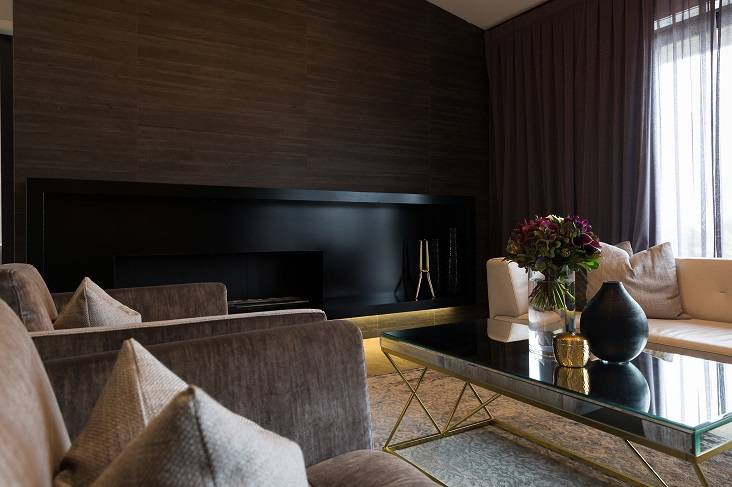3 Tips to Consider Before Starting a Bespoke Fabrication Project

Bespoke metal fabrication is a service that many companies and designers turn to when they are working on custom projects. Originality comes at a price, where quality can not be ignored. High end fabrication projects require adequate planning, experience and skills. Commonly we can get caught up in the end product rather than the process, which is why we have highlighted 3 things to consider when starting a bespoke fabrication project.
- Form of Welding
Welding is a process where two or more pieces of metal are joined together, by heat and pressure. Metal fabrication is a popular choice due to its lack of limitation. There are two popular forms of welding; MIG (Metal Inert Gas Welding) produces less welding fumes, and a faster method of joining two metals together. MIG Welding uses a solid wire electrode alongside gas, to protect the metal from reacting to its environment, to ensure welding is fast and continuous. TIG Welding (Tungsten Inert Gas Welding) requires a skilled fabricator due to its more complex method. TIG Welding uses a tungsten electrode rod which creates a short arc to bond heavier metals.
- Choosing a Fabricator
Choosing a custom metal fabrication shop or custom metal manufacturer that will best fulfill a project’s needs is an important decision that can affect the final product. To help in the selection process, here are some some points to consider:
Industries served: It can be helpful to note which industries a shop normally services, as well as the sorts of products or processes it specifically focuses on, as they’ll be better suited to fulfill specific industry requirements. It is also important to learn about the fabricator’s experience with the type of metal needed for the project. Some fab shops specialize in one or two types of metal fabrication.
Experience: Custom fabricators that have been operating for a long time or have a well-established record of providing good service may present obvious reasons for choosing a shop.
Resources: Is precision fabrication required? Precision metal fabrication relies heavily upon rapidly evolving computer technology. Many companies who specialize in precision fabrication use CAD/CAM software to design and layout the products to be manufactured. CNC computers are programmed to perform specific tasks and achieve the incredibly exact specifications required to manufacture many products.
- Environment
There is a large range of materials to choose from. When choosing a form of metal for your project, it is important to understand what environment it will be in. Each metal has its own individual reaction to interior and exterior settings, with risk of faster deterioration in certain environments.
Our in-house team of fabricators have three and a half decades of welding, cutting, bending, forming and machining expertise under their belts across the marine, industrial, commercial and residential sectors. Our experienced team has years of knowledge to share. Needing advice on a bespoke project?
Contact us now by calling 09 953 0599 or email luke@srsgroup.co.nz
